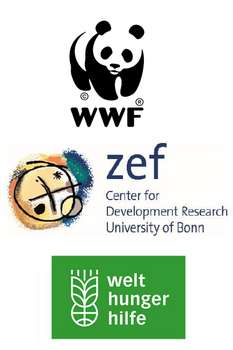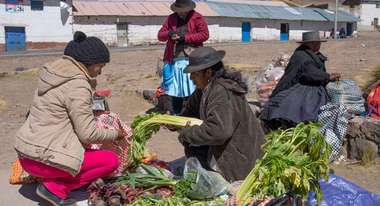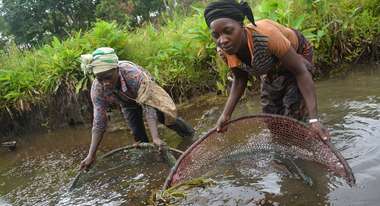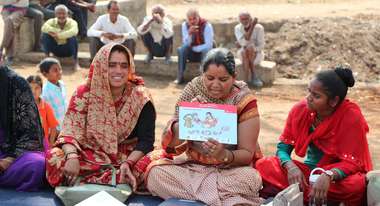The Food Security Standard provides a set of practicable and measurable criteria ensuring that the necessary conditions for the human right to adequate food are met in any agricultural production scheme.
Food Security Standard for sustainable palm oil production
The oil palm sector has been criticised due to environmental and labour concerns. Voluntary sustainability certifications were introduced, but the aspect of food security is typically neglected.
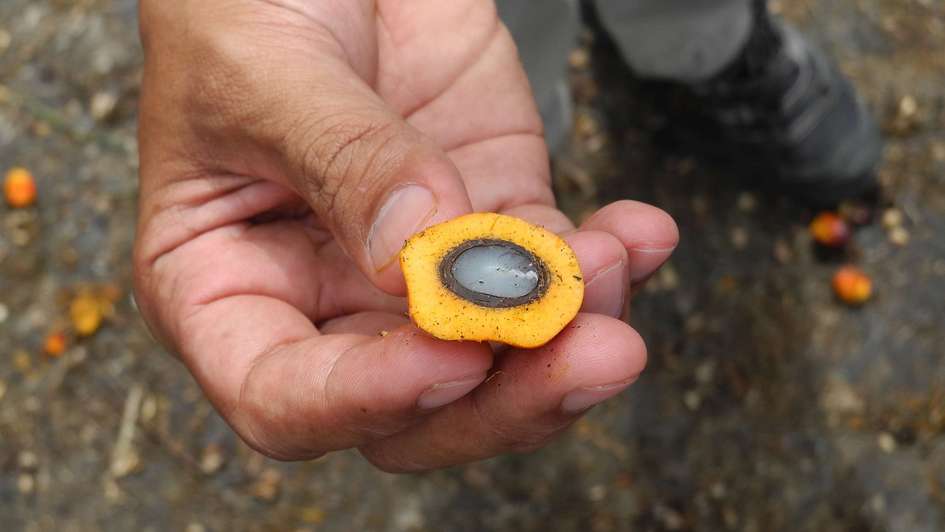
How can food security aspects be addressed within sustainable certified oil palm farming? The FSS I project team – a cooperation between the Center for Development Research at the Universtiy of Bonn (ZEF), Welthungerhilfe and WWF – traveled to Malaysia to find out, joined by consulting firm Meo Carbon Solutions.
Palm Oil sector: the aspect of food security is neglected
Malaysia has no major issues with food insecurity, but national data indicates that the issue has still not been entirely solved. The palm oil sector has been internationally criticised due to environmental and labour concerns. Voluntary sustainability certifications were introduced to address these issues, though the aspect of food security is typically neglected.
In 2015, ZEF, with support of Welthungerhilfe, developed food security criteria which can be integrated in sustainability standards for different crops. By doing so, a sustainability standard could ensure that the human right to food at local level is not violated and the European buyer of palm oil or other crops is complying with good purchasing practices required by international bodies (UN, OECD, EU) and national governments. The FSS I project aims to field test and implement the previously developed criteria.
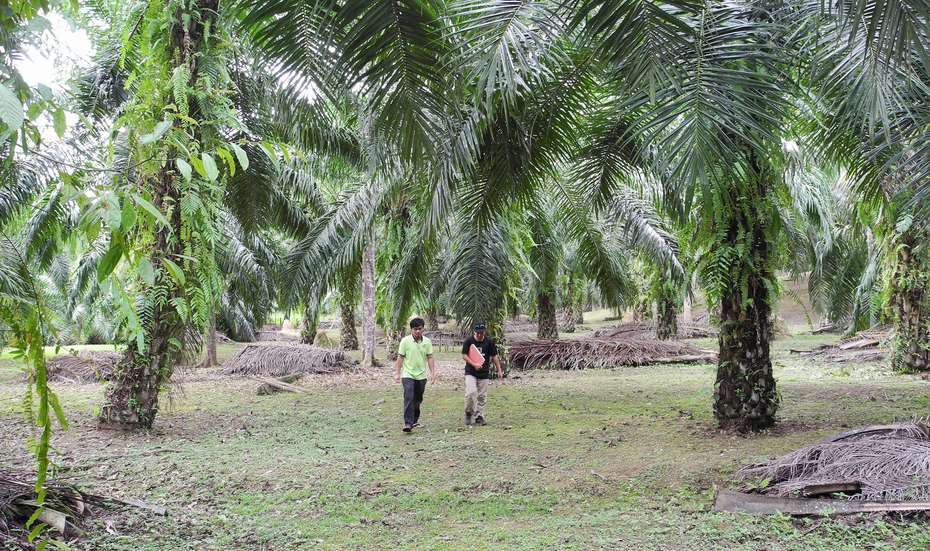
In Malaysia, it is mostly large plantations that are sustainably certified, while smallholders and smaller plantations are not yet following a voluntary sustainability standard. However, by 2019, Malaysia plans to introduce its own obligatory sustainability standard, so producers need to change their agricultural and social practices. We visited the first voluntarily certified smallholders and medium sized growers which cultivate oil palms.
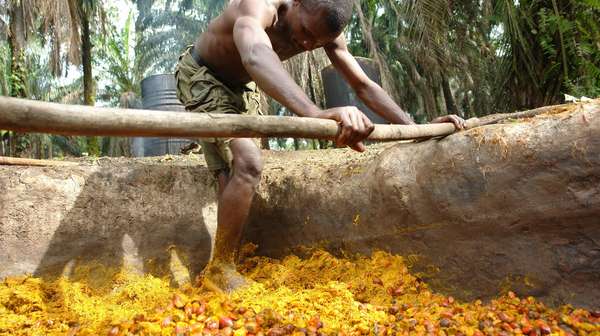
Certification benefits the workers and the environment
We discussed the concept of food and nutrition security and the Food Security Standard with government stakeholders, palm oil producers, NGOs and researchers. It was highlighted that, in conventional production, human and labour right abuses as well as environmental pollution continue to persist. In certified palm oil production, some incompliance may occur, but it generally benefits the workers and the environment.
Food security is especially an issue for very small farmers and on non-certified plantations, which employ many illegal migrant workers and casual workers. Sustainability certification was commonly mentioned to have improved living and working conditions on plantations and among smallholders. However, external support is needed to create awareness and to implement the certification system. A remaining question is how a decent living income can be obtained from very small plots. Here, certification systems reach their limits and governmental support through job creation and social security schemes is needed.
Click here to read the full article
Authors: This post was written by Dr. Tina Beuchelt, Dr. Liliana Gamba, Dr. Rafaël Schneider
Contact: FSS(at)welthungerhilfe.de
About the FSS I Project
The FSS I Project is a cooperation between the Center for Development Research (University of Bonn, Germany) and the NGOs Welthungerhilfe (Bonn, Germany) and WWF (Berlin, Germany), funded by the German Federal Ministry for Food and Agriculture (BMEL) via the agency “Fachagentur Nachwachsende Rohstoffe” (FNR). The trip to Malaysia took place within the FONAP initiative of the BMEL and was coordinated by WWF.




